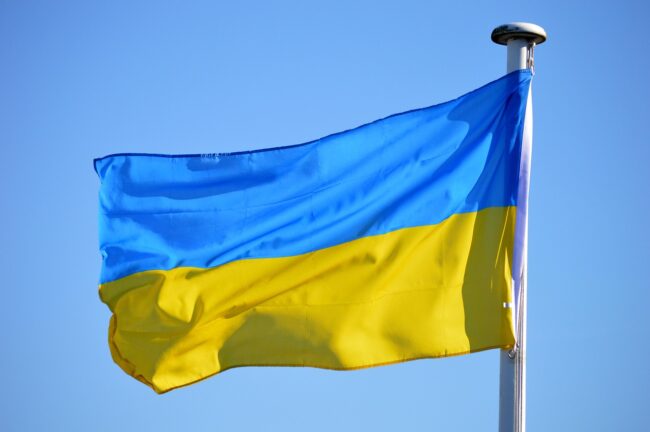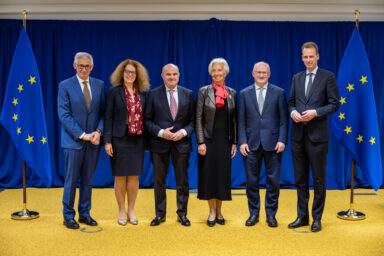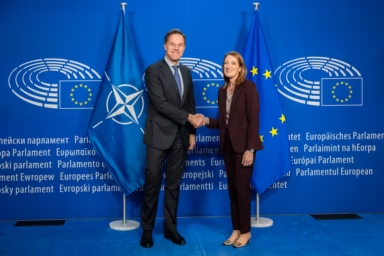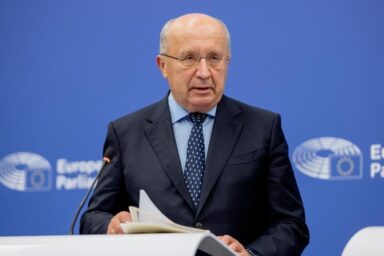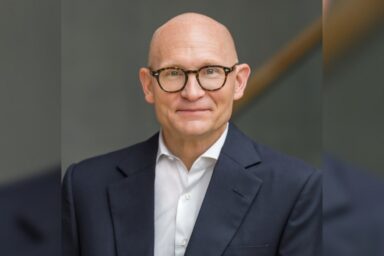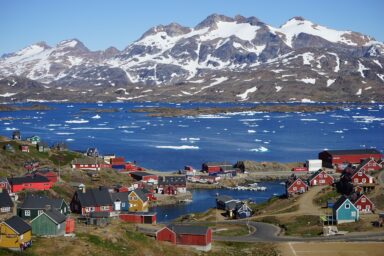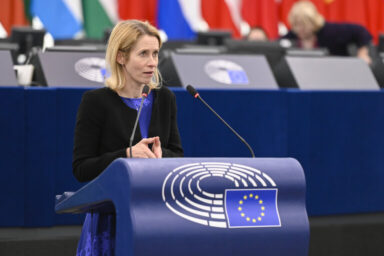French President Emmanuel Macron, who led a meeting of the Coalition of the Willing in Paris on Thursday, said 26 countries are now on board with a set of security guarantees for Ukraine agreed so far. Both President Macron and Ukrainian President Volodymyr Zelenskyy spoke to the press on Thursday afternoon, after the in-person and virtual meeting had ended.
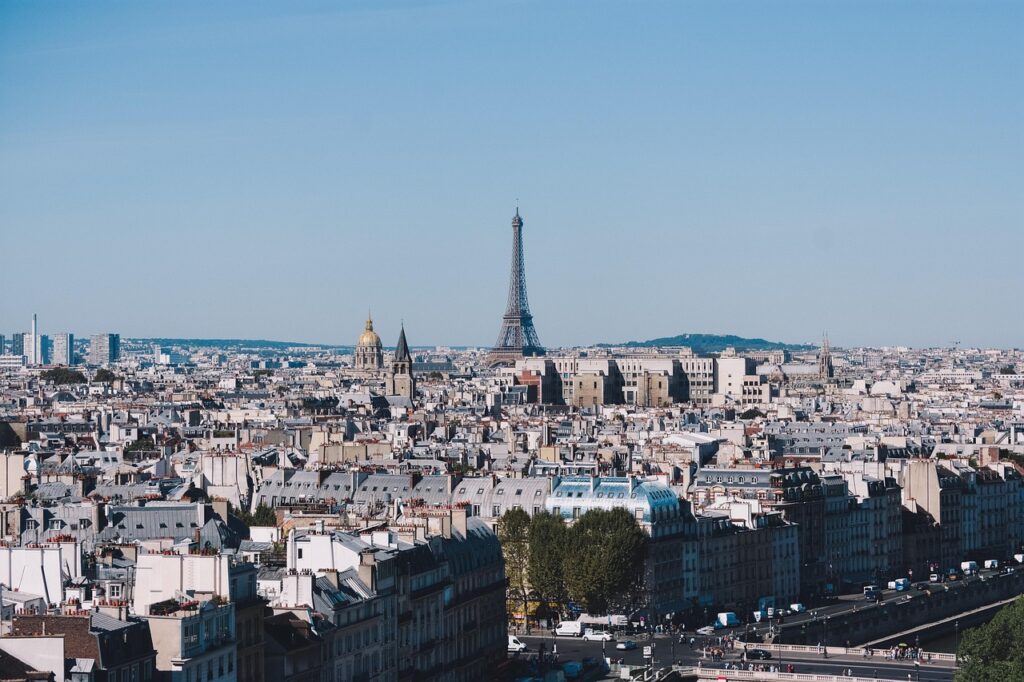
US backing to follow
Mr Macron said the United States would see the plan next, with the aim of formalising it within days. President Zelenskyy said the key task was to deprive Russia of resources to continue the war, as well as for Ukraine to receive strong and legally binding guarantees of its security in the future.
The president of Finland, Alexander Stubb, revealed that leaders had also spoken with US President Donald Trump and agreed on closer cooperation regarding sanctions that would impact Russia’s gas and oil reserves. “Trump emphasised the need for joint action on sanctions policy and now looks for ways in particular to halt Russia’s war machine by economic means,” Stubb told Finnish media after the meeting, Reuters reported.
President Stubb also told the media that the President of the European Commission Ursula von der Leyen and President Trump’s close advisers would discuss the issue within the next 24 hours.
Von der Leyen: We want peace for Ukraine
European Commission President von der Leyen posted a short video on X and described the agreement taking shape. Crucial to security, she wrote, were strong Ukrainian armed forces, reassurance forces with US support, and a robust European defence posture.
President Zelenskyy also posted on the popular social media platform, calling Thursday’s summit a “special moment and special meeting”. He described some aspects, including valued US support, in depth.
“It is important that America is with us. We are working in many formats—from initiatives such as PURL, which allow the purchase of American weapons, to the United States’ readiness to participate in long-term security guarantees.”
You might be interested
A brutal war from the start
Russia began its invasion of Ukraine on 24 February 2022 and currently controls around 20 per cent of Ukrainian territory. Donald Trump ran his election bid at least in part on the promise he would help resolve the situation and help ensure peace. But a summit in Alaska last month where he met with Mr Putin produced no agreements and only muted responses that were in turn downplayed by Russia’s foreign minister Sergey Lavrov.
Talks have since stalled and rather than scaling back, Russia has intensified its attacks—despite appeals from EU and other leaders to stop.
